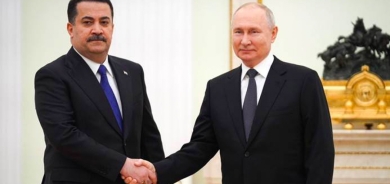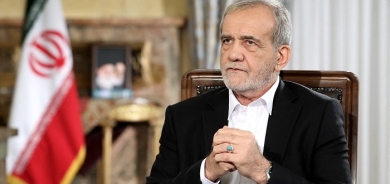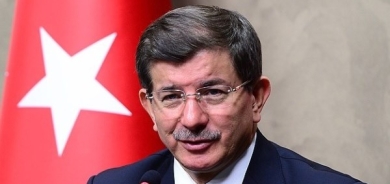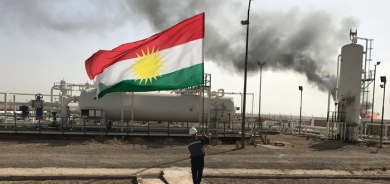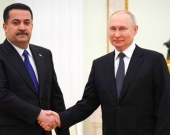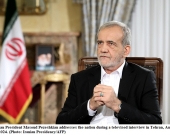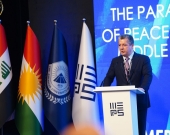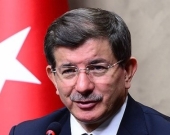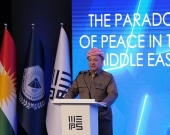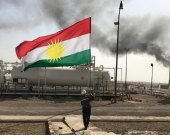Gold Smuggling Crisis at Kurdistan-Iran Border

In a startling revelation, Sheikh Mustafa Abdulrahman, the president of the Kurdistan Region’s Importers and Exporters Union, disclosed that a significant amount of gold is being smuggled from Sulaimani province to Iran. Speaking to Rudaw on Wednesday, Abdulrahman disclosed that an alarming 95 percent of transportation companies have abandoned the Bashmakh border due to customs-related issues.
According to Abdulrahman, gold is officially exported to Turkey, with traders being charged $900 per kilogram of gold ingot. However, a staggering amount of gold is being illicitly transported to Iran through unofficial routes, making it challenging to determine the exact quantity involved.
The Kurdistan Region receives two types of gold imports – gold ingots from Dubai and cloth gold from Turkey and Iran. These are subsequently sold to traders across Iraq, solidifying the Kurdistan Region's position as a key hub for gold trade in the region.
Abdulrahman emphasized that gold is transported in large quantities to Sulaimani airport, but smuggling operations are exclusively targeted at Iran. The lack of transparency in these smuggling routes has further complicated efforts to ascertain the true extent of gold being funneled across the border.
The overall trade situation in the Kurdistan Region is dire, particularly in Sulaimani province, which has witnessed a staggering 25 percent decline in trade. Abdulrahman attributed this downturn to the nonpayment of salaries to the Region’s civil servants. The Kurdistan Regional Government (KRG) has grappled with payroll issues for several years, with civil servants facing prolonged periods without pay.
The financial strain in the Kurdistan Region escalated when exports of Kurdish oil through the Iraq-Turkey pipeline were halted in March 23. This halt, stemming from a Paris-based arbitration court ruling against Ankara, has incurred over $7 billion in losses to the Iraqi and Kurdish governments.
Furthermore, Abdulrahman lamented the collapse of the trade sector, attributing it to cumbersome customs procedures. Kurdish traders, seeking more cost-effective options, have shifted their focus to Iraqi customs gates due to a significant difference of $3,000 in customs fees.
The Bashmakh border has witnessed a mass exodus of companies, with 95 percent relocating to Basra as a consequence of the decline in trade movement. This shift has been fueled by the cheaper customs fees in Iraq compared to Kurdistan.
On a different note, gold traders predict a surge in demand for gold in the Kurdistan Region, with the price per ounce expected to reach $2,300 next year. Luqman Aziz, a gold trader, cited a noticeable increase in demand for multi-kilo ingots.
Amidst these challenges, the Kurdistan Region maintains four official border crossings with Iran and several unofficial points. Notably, in September 2020, a network smuggling goods worth hundreds of millions of dinars into the Kurdistan Region through the Parvizkhan crossing was exposed after an investigation by the Kurdistan Region's finance ministry and customs directorate.

